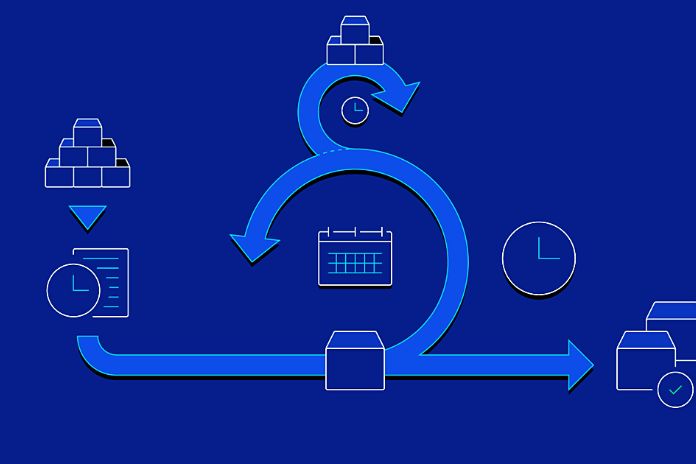Agile project management can be defined as a set of techniques and practices that optimize the project delivery process, making it faster and more efficient.
However, it must be clear that an agile methodology’s purpose is not to reduce the total time to complete projects but rather to deliver value faster to the customer.
Because of this, agile project management includes the creation of short development cycles, with the delivery of something at the end of each one.
In this way, instead of waiting for the completion of a project to present the results, it is possible to follow its evolution according to each stage completed.
For the company, the agile methodology in project management helps to optimize the workflow, improve internal processes, engage employees, and better adapt to possible changes, among many other points.
Only with this definition of agile project management can you get a good idea of all the advantages of this methodology. Do you agree?
But the doubt that many managers have is how to apply it to their projects. Therefore, this article will clarify how to do this in 4 steps and clarify some more critical points about this methodology.
Keep reading and check out all the details!
How Does It Work?
As we said earlier, agile project management is actions and strategies that aim to make a company’s projects more dynamic and with faster delivery of results to customers.
Following this concept, different methodologies can be applied. Among the most common ones used by companies are:
- scrum
- Kanban
- Nexus
- Learn
- Scaled Agile Framework (SAFe)
Scrum
One of the main characteristics of the agile Scrum method is that it is based on the so-called sprints, which are work cycles that can last for weeks or months. At the end of each period, part of the project must be delivered.
Another highlight of Scrum is holding fixed meetings, which can even be daily, aiming to align points with the team and maintain its motivation.
Kanban
Kanban is an agile project management method created by Toyota in the 1960s. This methodology includes visual monitoring of the project’s progress, including what needs to be done, what is being done at the moment, and what still needs to be completed.
In practice, signage cards can be used on a panel or online platforms with similar functionality.
Nexus
Nexus is an agile project management model based on Scrum. Therefore, it is very suitable for projects that need several teams to develop, as it facilitates the integration of these groups.
Learn
The creation of the Lean methodology precedes that of the agile concept. However, it is fully compatible with this method.
The proposal for applying Lean in agile project management is to “dry” the processes. This helps to make the execution simpler and, many times, cheaper since it also helps to reduce costs.
Scaled Agile Framework (SAFe)
The Scaled Agile Framework (SAFe) agile methodology is based on Lean and Scrum elements.
Using a diagram called “The Big Picture,” it is possible to visually monitor the project, which is divided into three categories in this method: portfolio (managerial), program (strategic), and team (operational).
This article will also help you: “Understand what agile methodology is: origin, benefits, and types of agile methodologies.”
How To Apply Agile Project Management?
Now that the definition of agile methodology in project management is more precise, the next step is to know how to use it in your company.
To apply agile project management, it is highly recommended:
- Document the plan and what you intend to achieve with this management model;
- Properly train the team and clarify the reasons for adopting the agile methodology;
- Guide the client on how the results of the project being developed will be delivered.
Document The Plan And What You Intend To Achieve With This Management Model
As with other methodologies, it is also essential to record what will be addressed, expectations, intended results, and other related points in agile project management.
It is highly recommended to define those responsible activities and deadlines so that they can be easily consulted and allow alignment with the team whenever necessary.
Properly Train The Team And Clarify The Reasons For Adopting The Agile Methodology
Especially if you are adopting agile methodologies for the first time, it is essential to explain the reasons for this new form of management to the professionals involved.
For this, it is worth highlighting the benefits of agile project management and training the team properly so that its application happens as planned.
Guide The Client On How The Results Of The Project Being Developed Will Be Delivered
The development of a project only sometimes aims to deliver a product or service directly to a customer. Depending on the business model, it is possible that the company is creating something to, for example, improve one of its internal processes.
However, when agile project management involves a client, it is essential to clarify how value delivery will occur so that it is clear that there will always be something to be delivered at the end of each cycle.
Also Read: The Importance Of Having A Well-Structured CRM For Agencies




